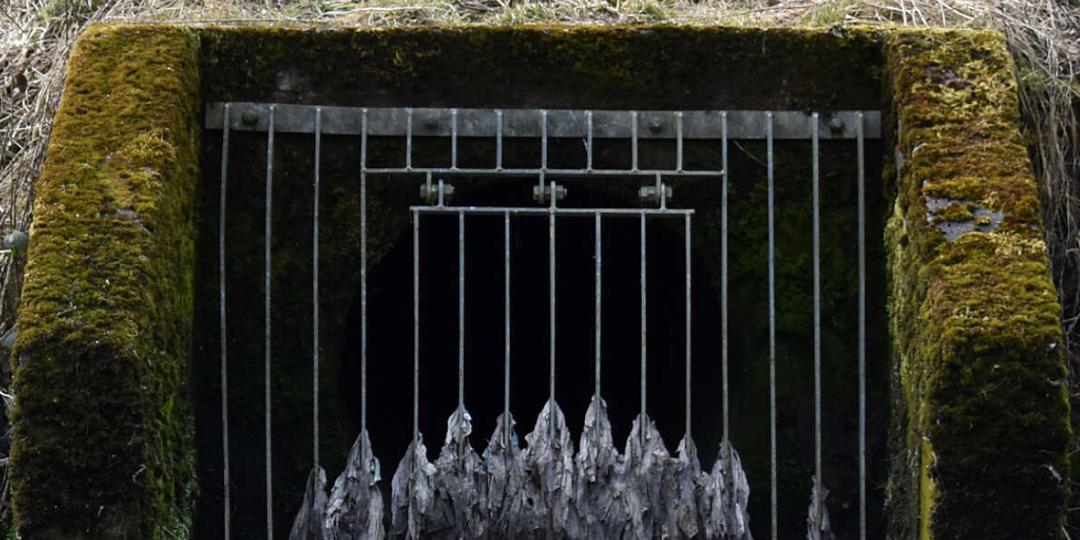The introduction of the Water (Special Measures) Bill is a positive step forward in the fight to protect our rivers. Alongside other river trusts and campaigners, BART has long advocated for stronger action against water companies responsible for pollution. The ability for the Environment Agency to issue fines more swiftly, without the need for lengthy investigations, is a welcome change.
However, we urge the government to impose more severe fines to act as a real deterrent to water companies polluting our waterways. While regulators have always had the authority to hold these companies accountable, such as the Environment Agency’s power to recover costs for enforcement, this new bill should reinforce and expand these capabilities.
Empowering the Environment Agency further will help ensure consistent regulation and enforcement. It’s encouraging to see progress in bolstering the agency’s workforce and increasing inspections this year. But we acknowledge that enforcement has varied across regions, and a more unified, centralised approach is critical to tackling pollution effectively. To date, responses to pollution incidents have often been based solely on visible ecological damage, such as fish kills*.
If enforcement continues to focus only on ecological impact, longstanding pollution issues in certain areas may persist. We advocate for a system that not only considers immediate ecological damage but also the baseline health of a river, ensuring that efforts are made to help rivers reach their ecological potential and meet government targets.
Introducing independent monitoring of all sewage outlets and requiring water companies to publish real-time data on emergency overflows is a crucial step forward.
While the government’s three-stage approach to broader water sector reform is a promising start, we urge them to ensure water companies invest at the scale and pace needed to address these issues. We also call for more ambitious and immediate targets for upgrading sewerage infrastructure and the adoption of nature-based solutions, such as wetlands and rain gardens, to enhance river health for both wildlife and communities.
We look forward to seeing more details on how the government will reform the water sector to build resilience, reduce pollution, and restore our rivers.
*Fish kills: the sudden destruction of large quantities of fish, typically due to pollution.







